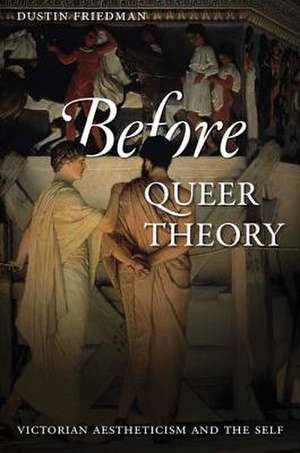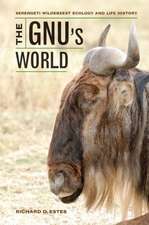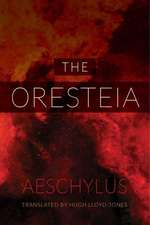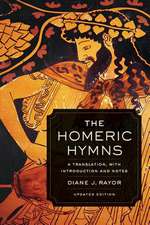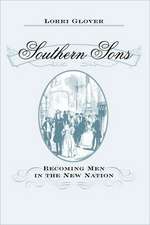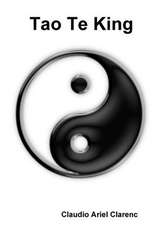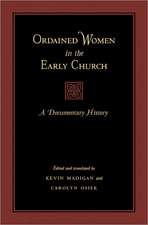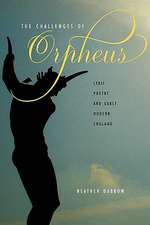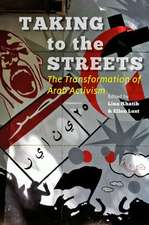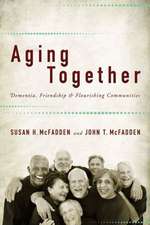Before Queer Theory – Victorian Aestheticism and the Self
Autor Dustin Friedmanen Limba Engleză Paperback – 28 oct 2019
Friedman makes the case for a claim rarely articulated in either Victorian or modern culture: that intellectually, creatively, and ethically, being queer can be an advantage not in spite but because of social hostility toward nonnormative desires. Showing how aesthetes--among them Walter Pater, Oscar Wilde, Vernon Lee, and Michael Field--harnessed the force that Georg Wilhelm Friedrich Hegel called the negative, Friedman reveals how becoming self-aware of one's sexuality through art can be both liberating and affirming of humanity's capacity for subjective autonomy.
Challenging one of the central precepts of modern queer theory--the notion that the heroic subject of Enlightenment thought is merely an effect of discourse and power--Friedman develops a new framework for understanding the relationship between desire and self-determination. He also articulates an innovative, queer notion of subjective autonomy that encourages reflecting critically on one's historical moment and envisioning new modes of seeing, thinking, and living that expand the boundaries of social and intellectual structures. Before Queer Theory is an audacious reimagining that will appeal to scholars with interests in Victorian studies, queer theory, gender and sexuality studies, and art history.
Preț: 273.79 lei
Nou
Puncte Express: 411
Preț estimativ în valută:
52.39€ • 54.59$ • 43.38£
52.39€ • 54.59$ • 43.38£
Carte tipărită la comandă
Livrare economică 03-17 aprilie
Preluare comenzi: 021 569.72.76
Specificații
ISBN-13: 9781421431482
ISBN-10: 1421431483
Pagini: 248
Dimensiuni: 164 x 220 x 16 mm
Greutate: 0.34 kg
Editura: Johns Hopkins University Press
ISBN-10: 1421431483
Pagini: 248
Dimensiuni: 164 x 220 x 16 mm
Greutate: 0.34 kg
Editura: Johns Hopkins University Press
Notă biografică
Dustin Friedman is an assistant professor in the Department of Literature at American University.
Descriere
Before Queer Theory is an audacious reimagining that will appeal to scholars with interests in Victorian studies, queer theory, gender and sexuality studies, and art history.
